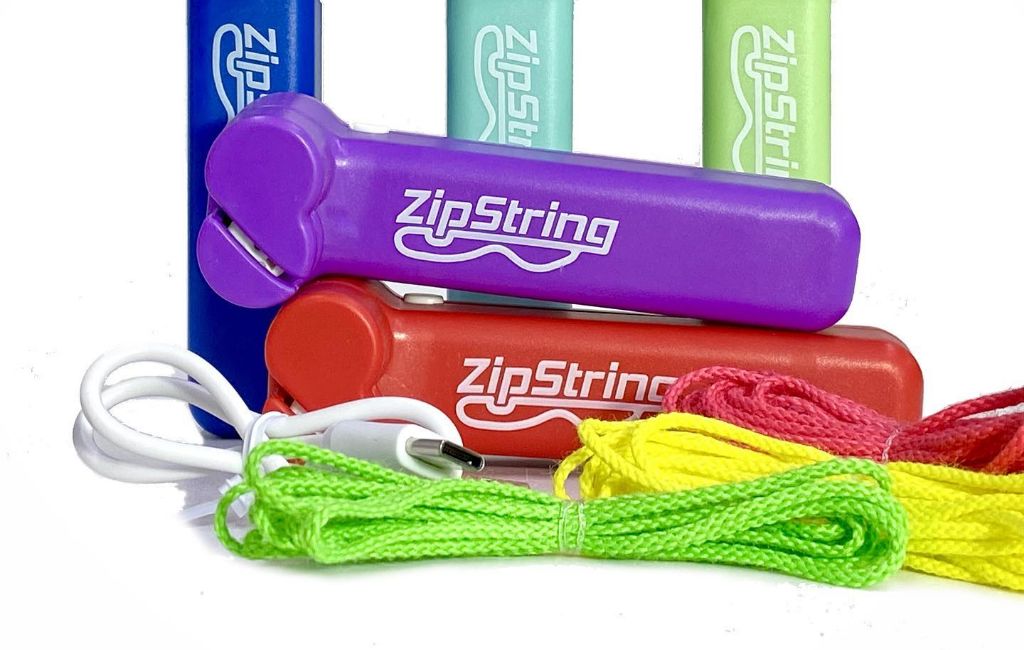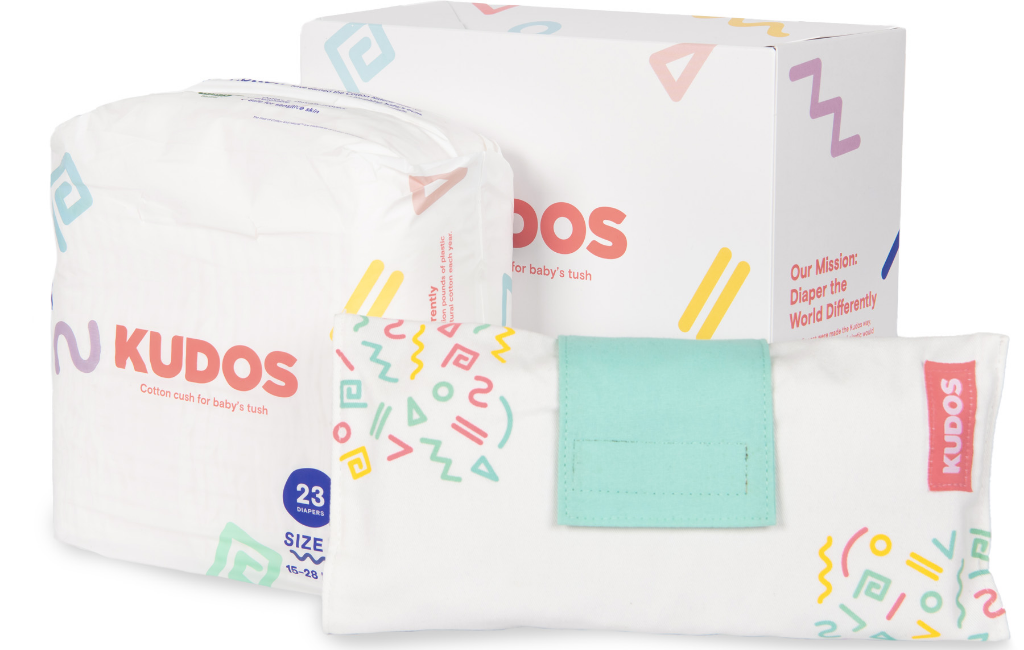JicaFoods – Jica-Based Foods
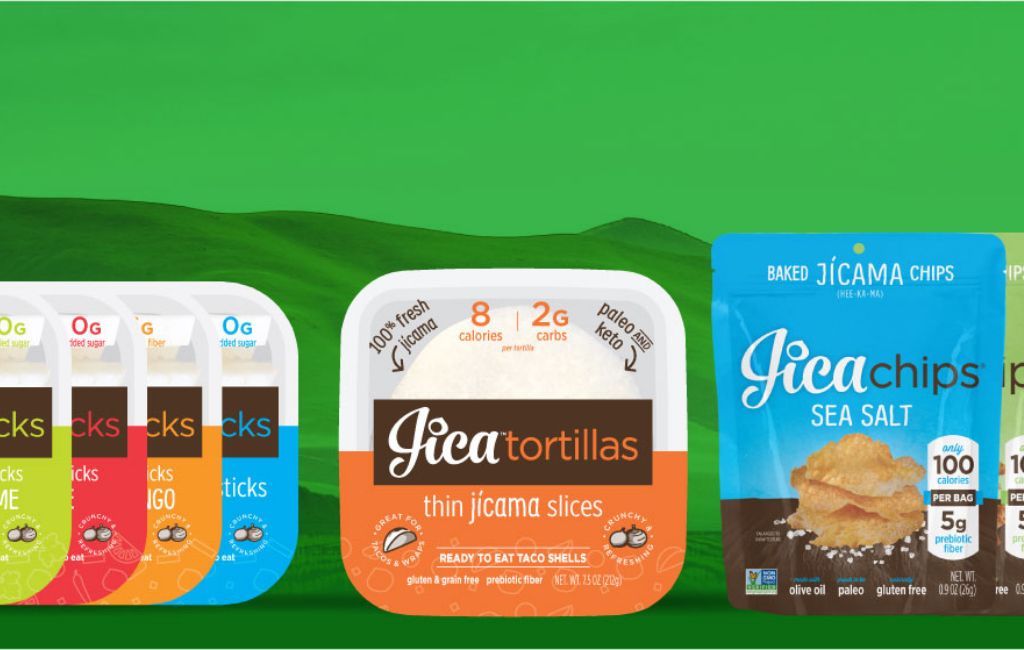

DEAL
EPISODE SUMMARY
🕓 Air Date: January 6, 2023
Asking For:
$300,000 for 3%
Investor:
Barbara Corcoran
Deal:
$300,000 for 6% + 3% advisory shares
PRODUCT SUMMARY
Jica Wraps offers low-calorie jicama tortilla alternatives that are healthier and more nutritious than traditional tortillas.
WATCH HERE
IN A RUSH?
Click these to jump to the section you want to read.
Background Story
Xin Wang and Melissa Colella-Wang, the founders of Jica Wraps, introduced their innovative product on Shark Tank. Their inspiration for Jica Wraps came from their love for tacos and the desire to create a healthier alternative to traditional tortillas. Melissa’s doctors advised her to cut back on calorie-laden tortillas, but lettuce wraps were not a satisfactory substitute due to their fragility and taste. This dilemma led them to discover jicama, a superfood known for its low-calorie, low-carb, and high-fiber properties, which also improve gut health.
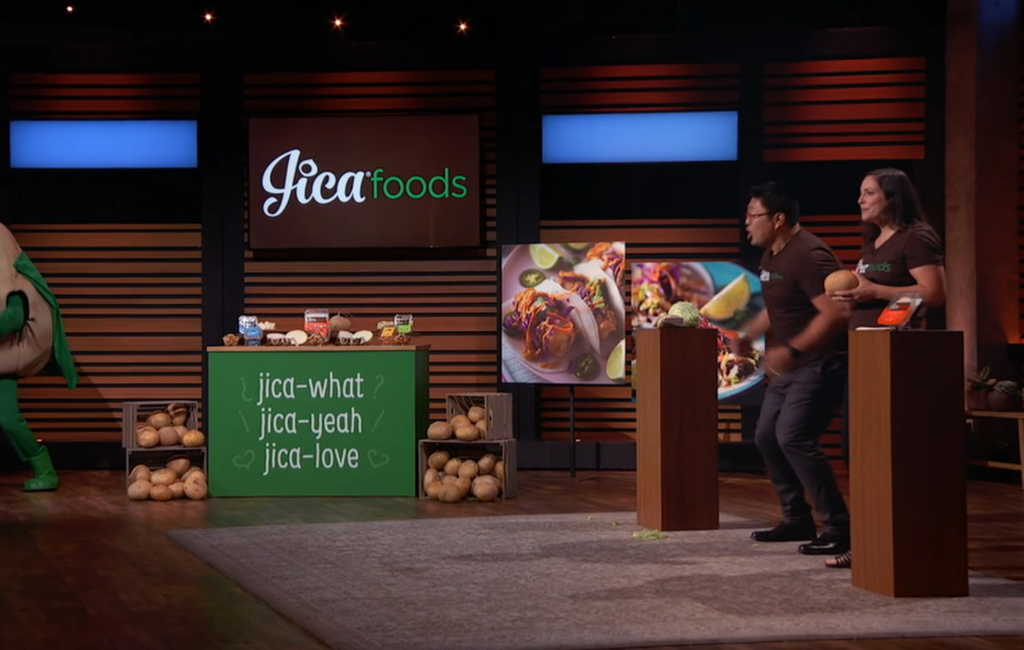
The founders decided to leverage Jicama’s nutritional benefits and versatility to create Jica Wraps. Their journey started in 2015 when they launched their business with Jicama chips. However, they faced stiff competition in the snack industry and struggled financially, reaching a point where they had minimal funds and significant credit card debt. To survive, they even rented out their house on Airbnb and sold their car.
The Product
Jica Wraps are tortilla alternatives made from thin slices of fresh jicama. Compared to traditional tortillas, they are lower in calories and carbs, with only eight calories and one net carb per wrap.
These wraps are round, pliable, and have a neutral taste that complements various recipes. They cater to different dietary preferences, including gluten-free, paleo, keto, and Whole30. Customers can use Jica Wraps to create healthier versions of their favorite tacos.
The product line also includes Jicama Sticks with cilantro-lime seasoning and Jica de Gallo, a pico de gallo with jicama. Jica Wraps are priced reasonably, with about 15 wraps per package for $2.99 retail and $4.99 on the shelf.
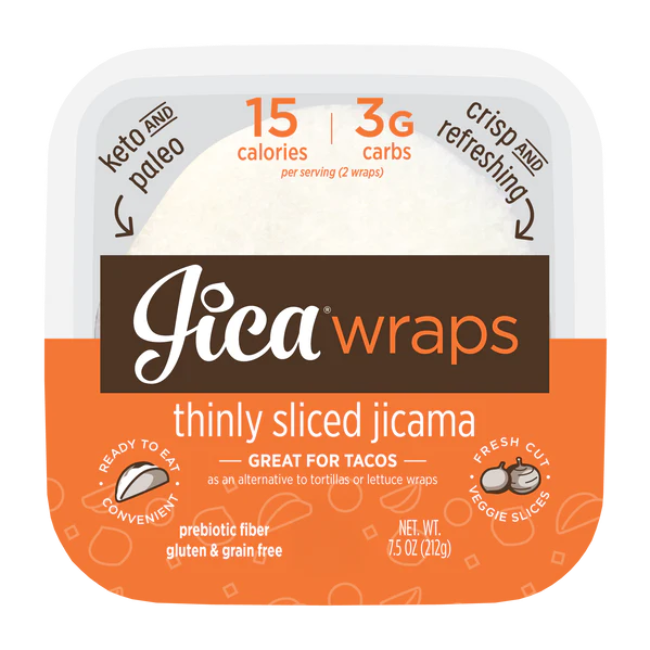
How It Went
The company’s position before Shark Tank
Jica Wraps initially started as a jicama chip company in 2015 but struggled to compete in the salty snacks category against larger competitors. By 2019, they pivoted to fresh-cut jicama products. Their sales quickly grew, reaching $1 million in the first year, $4 million in 2020, and $5 million in 2021, with a projection of $6 million for the current year. Profits for the current year stand at approximately $400,000.
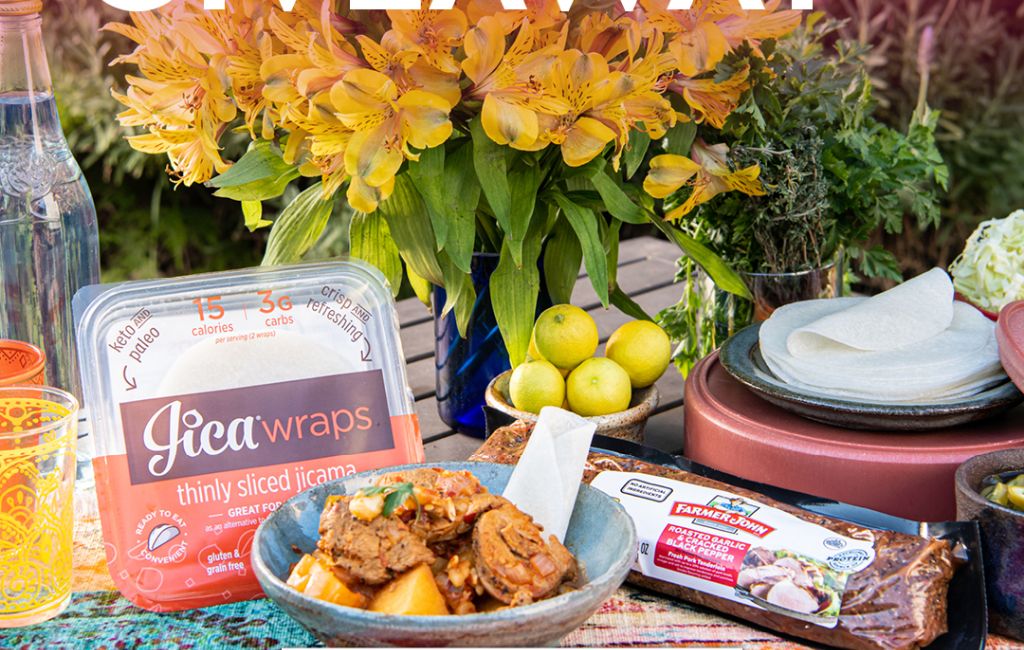
The company sources and processes jicama in Mexico, the only country that commercially grows jicama. They focus on optimizing packaging to extend the shelf life of their products, which currently stands at 19 days, exceeding industry standards. Jica Wraps’ retail presence includes partnerships with Whole Foods, Sprouts, and a strong presence in food services through Sysco distribution centers. They are available in approximately 700 retail locations.
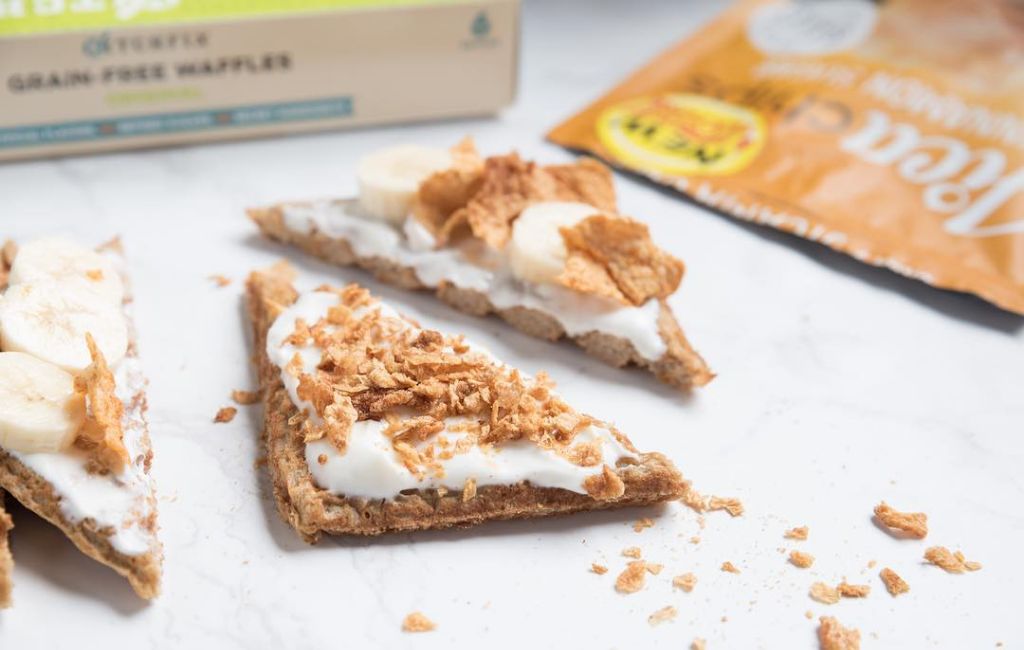
The founders initially faced financial challenges, with only $300 in their bank account and $70,000 in credit card debt. However, their determination led them to pivot successfully to fresh-cut jicama products, and they have continued to grow since then.
The Negotiations:
In the Shark Tank episode, Xin and Melissa sought $300,000 for 3% equity in their company, valuing it at $10 million. Barbara Corcoran was the first Shark to make an offer, proposing $300,000 for 10% equity and a pro-rata share of earnings. She emphasized her expertise in sales and marketing.

Kevin O’Leary expressed skepticism about the valuation, given the company’s current profits, and pointed out the high multiple they were asking for. He ultimately declared that no one would offer 3% for that valuation. Mark Cuban and Lori Greiner also opted out, with Mark expressing his preference for other investments and Lori stating that she makes similar products at home.
After Barbara’s initial offer, Xin and Melissa tried to negotiate for a lower equity stake, proposing 7%, but Barbara held firm at 10%. In the end, they accepted Barbara’s offer of $300,000 for 6% equity, along with the pro-rata share of earnings. Barbara’s deal valued the company at $3 million.




